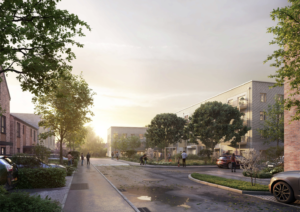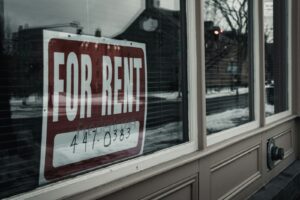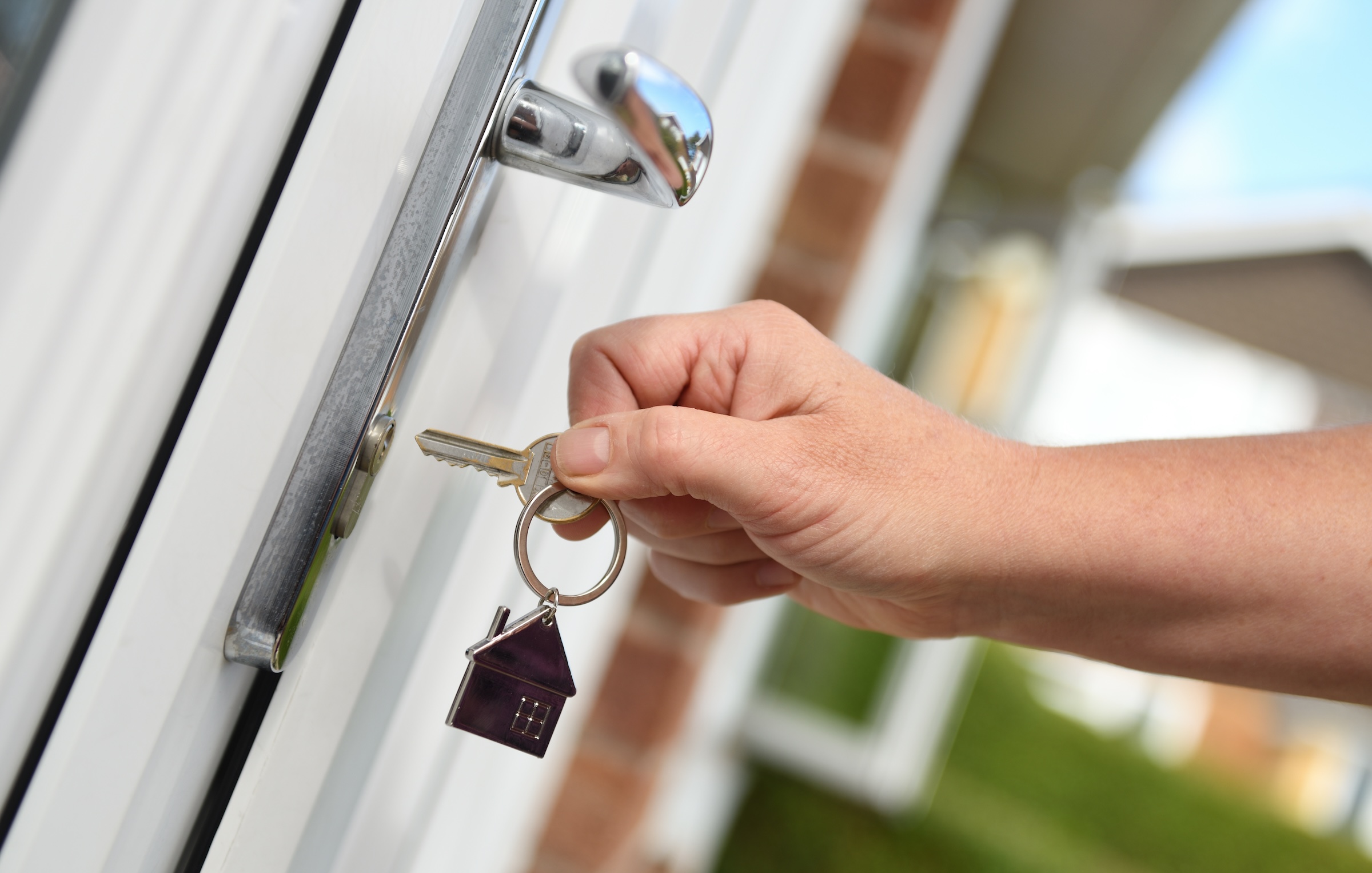New research from Housemark hows a sharp drop in empty social homes and improved re-let times, while rent arrears and anti-social behaviour (ASB) continue to increase.
Social landlords across the UK are seeing the number of empty homes fall to record lows, according to new figures from Housemark. The latest Pulse survey revealed just 0.43% of social homes were vacant and available to let in July 2025 – the lowest level since monthly records began.
This marks the strongest performance on voids in three years, with average re-let times also improving to around 40–42 days, down from 50 days a year ago.
However, the positive news comes amid signs of growing financial strain. According to the research, rent arrears increased by 2.8% between June and July to a median of 2.9%. What’s more, the hike coincided with an unexpected spike in inflation, which hit 3.8%, the highest rate in 18 months.
Landlords are also reporting a rise in ASB cases. Incidents between April and July exceeded the typical summer peak, though Housemark cited greater diligence around reporting ASB as a result of the increase alongside the hot weather.
Despite pressures, the survey found staffing across the sector remains steady. Voluntary turnover remained at 0.7% per month, or 8-9% annually, which is lower than pre-pandemic levels.
Jonathan Cox, chief data officer at Housemark, said: ‘This month’s Pulse data shows a sector delivering real operational improvements even as economic headwinds intensify. Tackling long-standing voids has been a clear focus and landlords are now seeing the benefits with record-low levels of vacant stock available to let.’
‘At the same time rising arrears and ASB reporting highlight the pressures that tenants and landlords are facing as the cost-of-living crisis persists,’ Jonathan continued. ‘Stability in staffing is a positive sign but it is clear that organisations will need to stay agile and data-driven to balance efficiency gains with growing external challenges.’
The July Pulse, which draws on real-time data from 133 social landlords, also found that tenant satisfaction with repairs remains high at 89.1%, though overall service satisfaction dipped slightly to 76.2%.
Meanwhile, formal complaints rose by 4.4%, while sickness absence and staff turnover showed regional variation – with London experiencing the highest churn at 1.06%, compared to just 0.63% in Wales and Northern Ireland.
Image via Housemark
In related news:
Manningham Housing Association recognised with triple award nomination
Ahead of party conference, what housing needs from government



















Leave a Reply